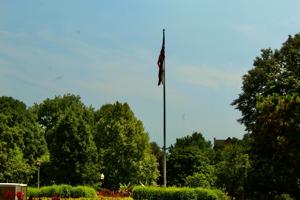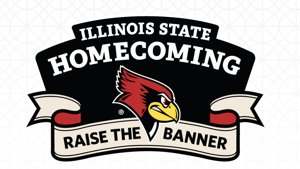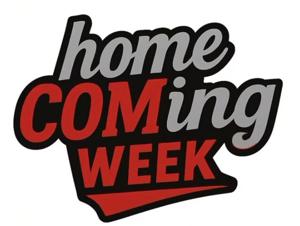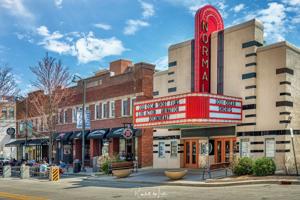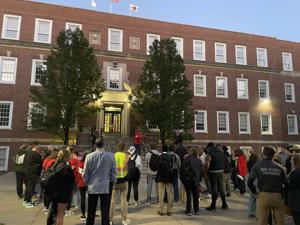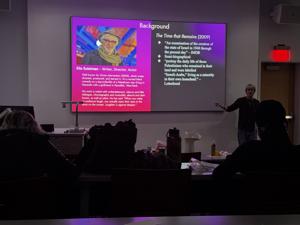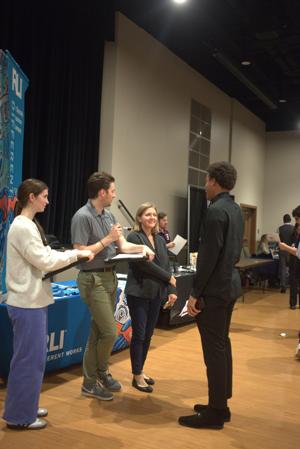Students gathered Thursday, Oct. 9, at the Center for the Visual Arts to learn about the history of the annual Take Back the Night event and march for a safe campus environment.
The event began at 5:30 p.m. with a presentation detailing the history of Take Back the Night. The marches first gained traction in the 1970s as violence against women began to rise. The Women’s, Gender and Sexuality Studies Program and Students Ending Rape Culture (SERC) hosted the event, providing materials for attendees to create posters for the march.
SERC President Lauren Bounds led the presentation as attendees received pamphlets and pins for the night.
“I want this to affect people in the way they need it to. I want everyone to feel individually seen and understood,” Bounds said.
Bounds explained how the march takes a specific route, marching in front of local bars and fraternity houses to highlight locations where students may have safety concerns. Bounds said the route was a statement to the town and university to demand safe conditions for all.
One of the most prominent stories relayed at the event was the case of Carol Rofstad, a student who attended Illinois State University in 1975 and was found deceased on the front lawn of the Delta Zeta Sorority after being assaulted by an unknown suspect. The story and remembrance of Rofstad stayed strong throughout the night as students marched for justice for her and other victims.
Sophomore criminal justice major Melanie Sanchez attended the march to spread awareness for victims. Sanchez said the importance of the event was profound, as society views these matters as taboo and wishes not to discuss them. Sanchez noted that the voices of the united attendees would help spread awareness for others and relay the message of unity and power.
Public health graduate student Caitlin Rosendorn emphasized the importance of the event.
“This night is dedicated to you, feeling safe and taking back the night once and for all,” Rosendorn said.
The march ended with a vigil service dedicated to survivors at the McLean County Young Women's Christian Association (YWCA).



